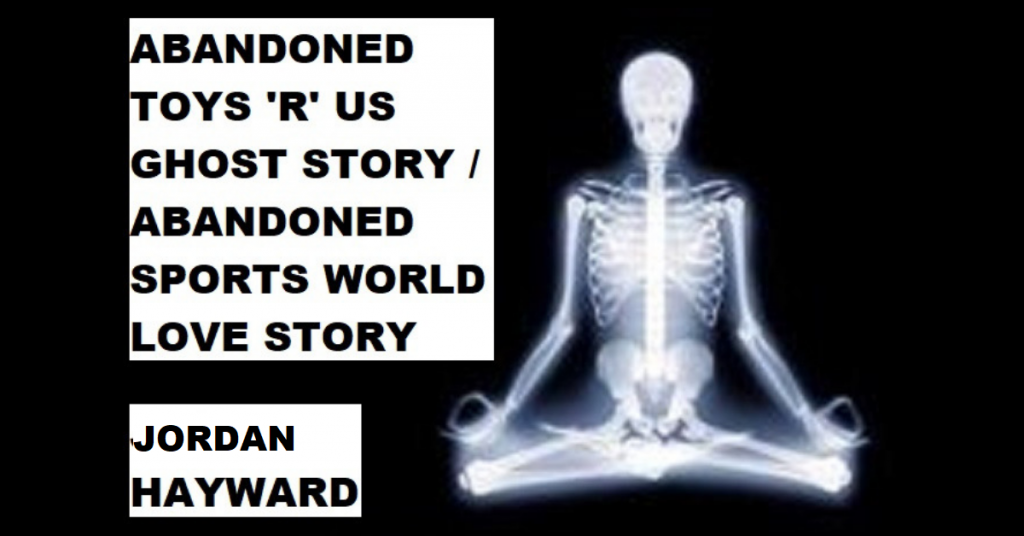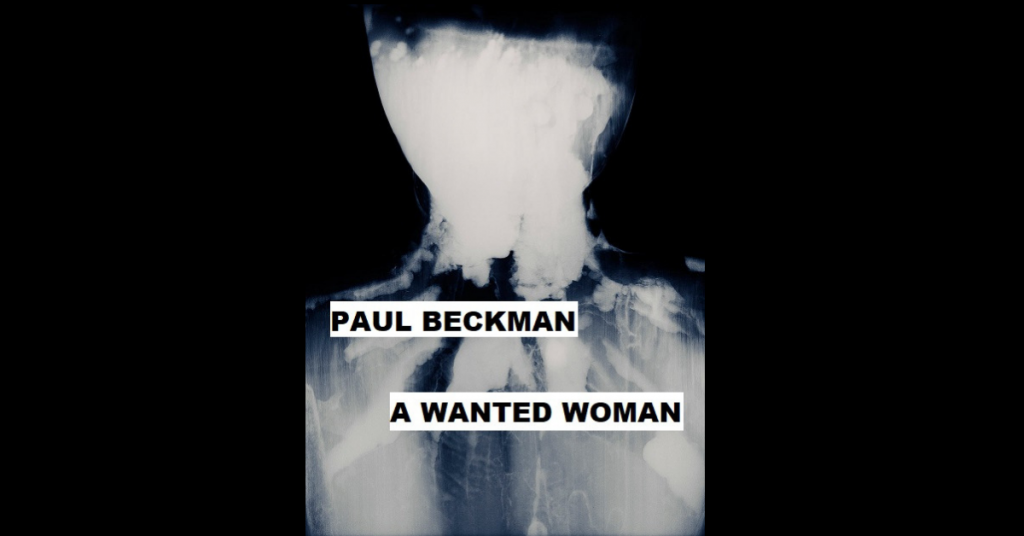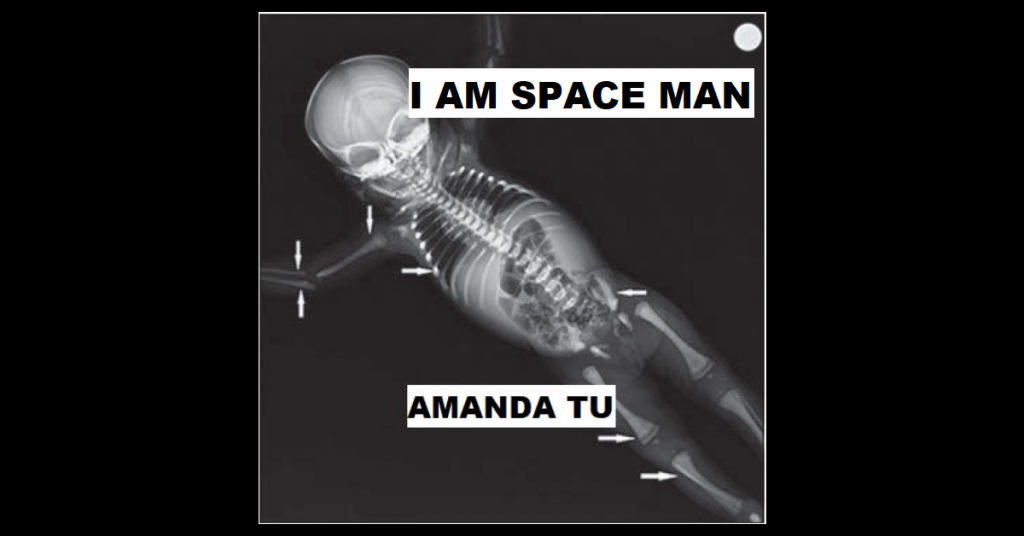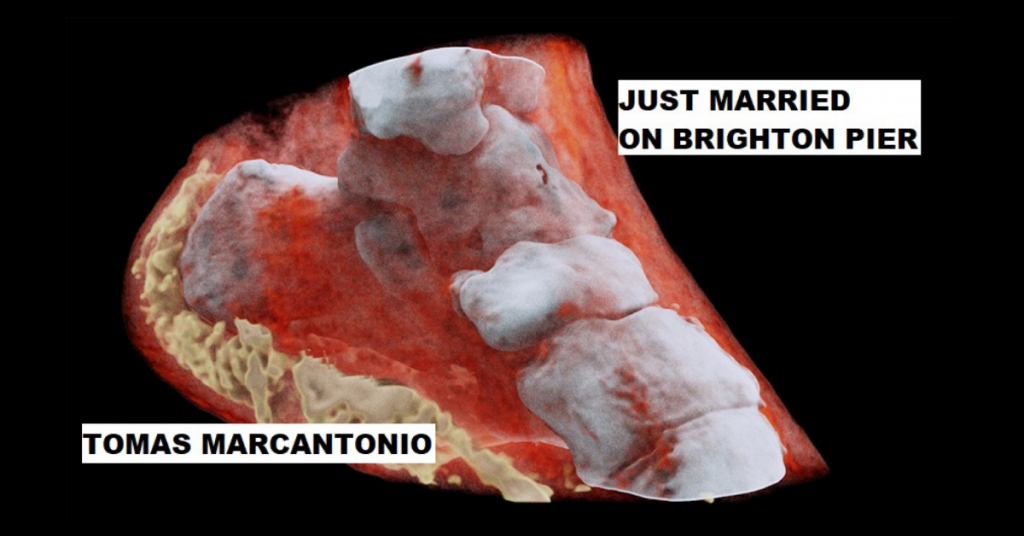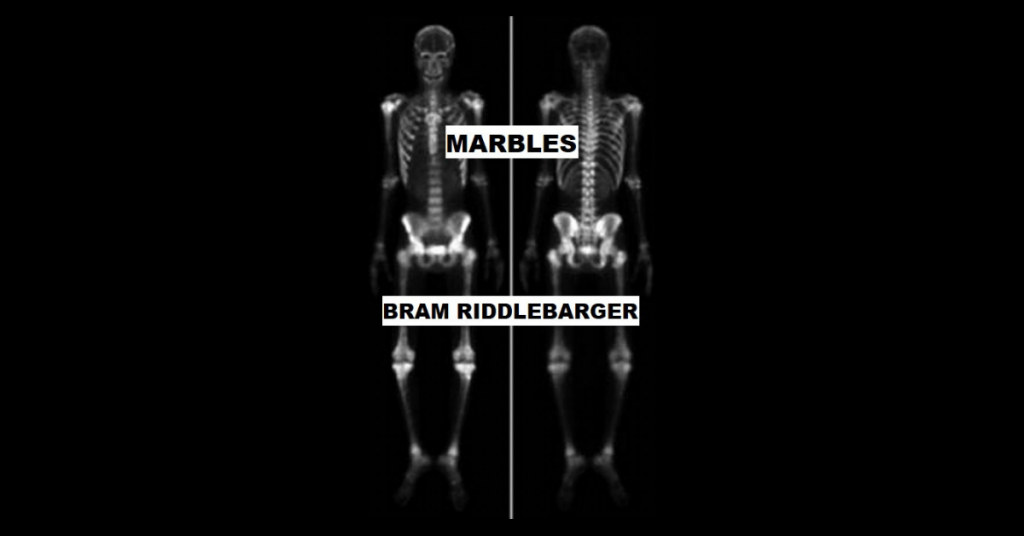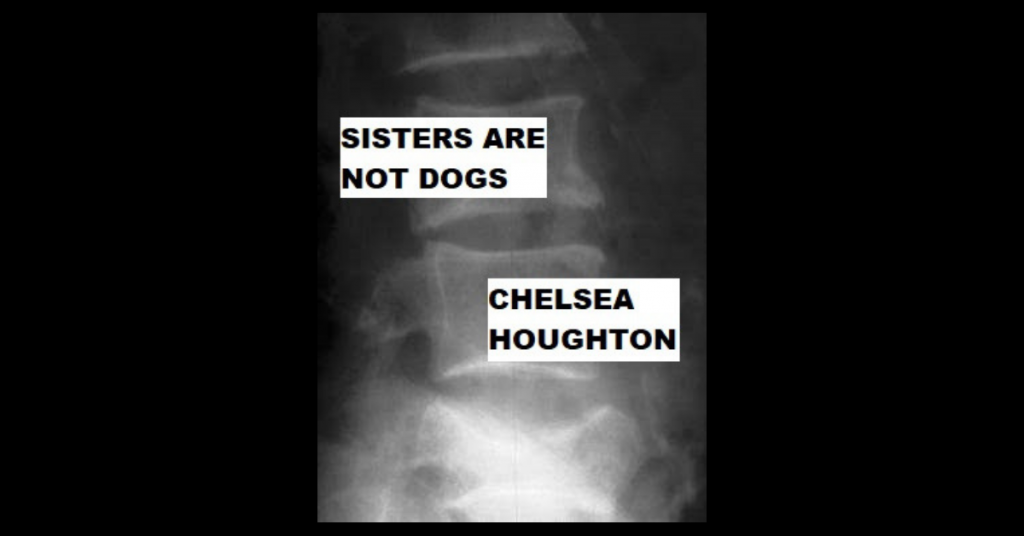I used to think my greatest challenge as a writer was identifying, in the most precise possible terms, how I feel. Most of the time, though, I know what I feel. This is palpable when I am stricken by an emotion I’ve lived through before. No matter how traumatic the sensation—the icy terror of being found cheating on a sixth grade reading quiz calling to mind the chilling shame three years earlier when my dad caught me illicitly scratching off a lottery ticket—there is comfort in believing that feelings are drawn from a massive, but ultimately finite, palette.
Perhaps the challenge, then, is not in the knowing, but in the writing. Language is not what is, but rather a tool for communicating such. It is tempting to conflate the two, I believe, because language is often the most convenient, universal, and expedient channel through which to express our realities. We are instructed as toddlers to “use our words.” My two-year-old sister is learning how to talk, and my stepmom says this all the time. Use your words. Words are helpful for expressing one’s most granular desires. I want milk. Put me down. Where is Mom? But when my sister cries, when she fills our house with these awful, pathetic screams for hours on end, I can’t help but think: is there anything more true than this? How could “I want milk” possibly encompass the depth and scope of what she so desperately seeks to convey?
There is what is and there is what is articulated, and these are two discrete entities unbound by physical phenomena. The best we can hope is to craft the latter to be as faithful as possible a facsimile of the former, approaching asymptotically the trueness of the matter that lives itself in a plane independent of language. This is why I am driven so mad by cliché. Because to be trite is to use a crutch, to say the thing that is almost true, to gesture toward the approximate and beg your audience to fill in the gaps from their lived experience, instead of immersing them—with atomic focus—in yours. To do the bare minimum. Ball’s in your court. The most insidious form of laziness. You know what I mean? Cliché is the reason I can be a vocal participant in math class all quarter and still earn a failing grade. When called on, I can always explain the procedure: well enough to appease my professor, not well enough to solve a single problem.
This failure of precision is reinforced by the way most of us learn English in grade school. First we cover the basics: phonics, spelling, punctuation, grammar. Only when we have mastered fundamentals do we move on to fun stuff. A simile is a comparison using ‘like’ or ‘as.’ In tenth grade English class, I once had a test over all these literary devices, maybe eighty or so. I sat in the library one day after school, drafting up a thick deck of flashcards: Metonymy. Synecdoche. Asyndeton. When I actually sat for the quiz, I was disappointed to see that it was just one big matching exercise. I had studied way too hard. That exam was as easy as stealing candy from a baby.
The very framing of these tools as “devices” implies they are window dressing. You don’t say: “her eyes are beautiful,” because, my teacher told us, that is boring. Try instead: “Her eyes shine like diamonds.” Points for style. We internalize the notion that the world is simple, and, I guess, to keep morale high, we must invent creative ways to describe the basic phenomena of our existences. This—I have come to believe—is backward. Perhaps it is the universe that is more complex than we could ever begin to communicate with symbols on a page. That the most artful, vivid, evocative poetry is, in fact, the simplest thing we could conceive.
I know what it feels like to be in love, I am so confident I know. I know how it felt the first time I told my first boyfriend “I love you,” my whole body pressed up against him in the grass, my lips firm against his neck. I know how my whole being tingled electric, every cubic inch of me, how I wanted to cry. I know how right it felt, saying it again and again. I couldn’t fathom anything else: I love you. I love you. I love you.
But even that seems unfinished. Tingled electric. What an impossibly insignificant phrase. In attempting to write this paragraph, I have contemplated electricity and fire and flora and oceans, the very biggest and the very smallest. I don’t feel insufficient so much as I feel incorrect. I have made an error. In describing how deeply I felt for him, I have told a lie. I might as well be recounting the relationship of two strangers.
And even this: love. Who taught me that this word is that feeling? Maybe the birds and the bees talk should always include this critical clause. That every parent in the universe should have to sit his child down and tell her: one day, you will meet a person who makes you feel as if there is a current running through the deepest part of your being, the strongest possible force your body can withstand before splintering into a thousand bits. And you should say: Love! And they will know what you mean.
The night before my nineteenth birthday, I had a dream so juvenilely transparent in its symbolisms it is nearly too embarrassing to recount. As in most dreams, the logic of its universe was tenuous and inconsistent: rigidly committed to certain physical principles with zero regard for others. I was traversing what I can only describe as a parking garage with a hollow core, of infinite height and devoid of gravity. I could send myself accelerating upward through the building with the slightest push off the floor. Sometimes, though, without understanding how I had gotten there, I would end up standing on solid ground. It looked like the interior of an office, maybe, or an old library.
As I explored the levels of this structure, I kept running into people I knew. My ex-boyfriend was there, inexplicably, irritating me over something I can’t recall but perceived with sharp awareness nonetheless. I bumped into a guy who had run and lost for student body president at my college, whose face I’d seen on a poster outside my dorm every day for two straight weeks. He was smiling, but for some reason he was wearing an awful chartreuse velvet sweater I’d paid twenty dollars for the month before. That sweater had been final sale, and I had regretted the purchase since the second I’d left the store.
A few family members filtered through the loose outlines of the narrative. This included my dad. In real life, Dad and I barely spoken in months. We had not had a falling out, but rather an awkward, glacial drifting apart. I knew, deep down, he loved me, but I don’t think he liked me very much. I spent a significant chunk of my dream working on something for my dad. I can’t recall what. I remember he was disappointed in me: not for what I was doing, but for trying at all. As if any measures I took to appease him just made him more upset. I kept circling this building, floating up and down, and every once in a while crossing his path. He never confronted me, but I could tell he was not happy with me, and I was not happy with him. This all felt so familiar.
I could not explain why, but eventually, I was stricken with the knowledge it was time for me to leave. I drifted back down to the bottom of the building, planted my feet on the cement floor, and walked over to say goodbye to my family. My dad wrapped me in a tight hug. I couldn’t tell you a single detail of what he looked like, but he was there, I know for sure. I loved him so much. He was so far away; I missed him. I started weeping, and I felt my face grow damp. I cupped his chin with one of my hands. I told him: “I am space man. You are earth man.” Dad looked at me, deep into my eyes, and he nodded. He understood. He let me go.
And then I pulled away from him, and I leapt upward with the tiniest exertion, ascending into the abyss headfirst. My eyes were blissfully shut and my limbs elongated to full, graceful length like a free diver gliding through water, floating to the surface. I was off to somewhere, alone.
I awoke, then, in that moment, soaring high above the ground. I touched my cheeks, and they were slick with tears. It was my birthday. I am space man. You are earth man. How special it is, to finally say what you mean.
